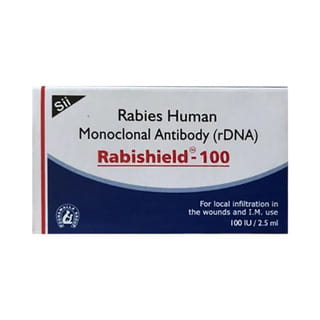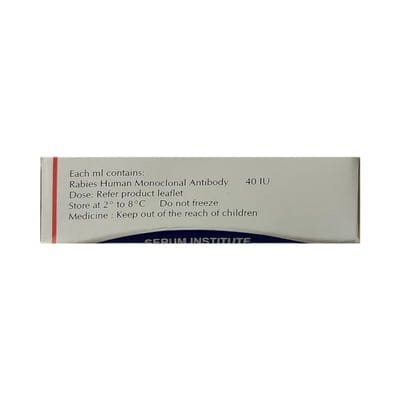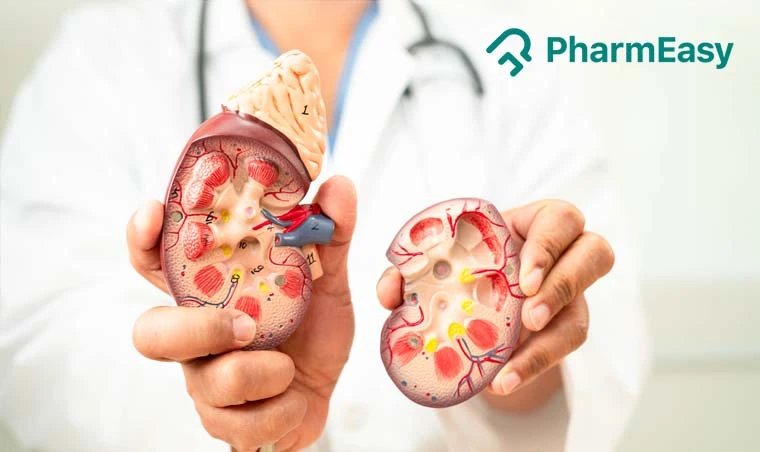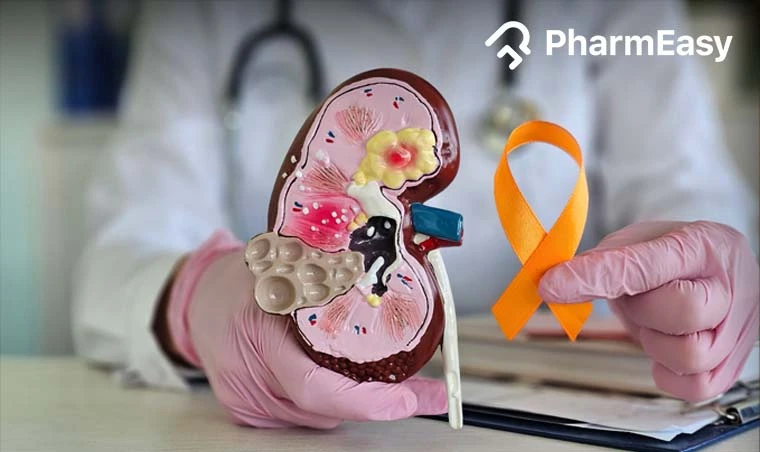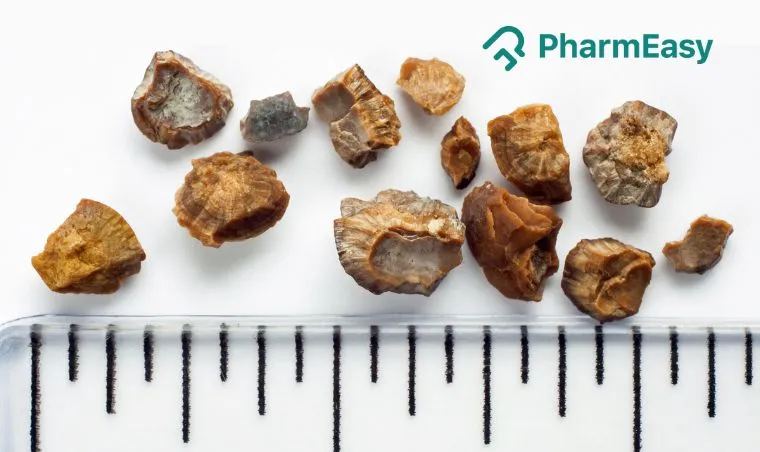Rabishield 100iu Vial Of 2.5ml Injection
Description
Rabishield 100IU Injection is given to individuals who have been bitten by an animal suspected of having rabies, as part of their post-exposure prophylaxis treatment. Post-exposure rabies prophylaxis (PEP) is crucial for bites from rabid dogs, cats, or any animals suspected of carrying the rabies virus. The injection should only be administered for post-exposure prophylaxis with the approval of trained healthcare professionals.
After an animal bite, it is important to wash the wounds and scratches immediately with soap and water. This injection is typically given by a doctor or nurse in a hospital or clinic setting and should not be self-administered. For those considering pre-exposure vaccination, a series of three doses is required, so it is essential to consult your doctor for more information.
Common side effects of Rabishield 100IU Injection may include reactions at the injection site, such as pain, redness, and swelling, as well as headaches, muscle aches, and upper respiratory tract infections. If any of these side effects persist or worsen, please notify your doctor immediately.
Product Summary
| Offer Price | ₹1602.85 |
| You Save | ₹686.93 (30% on MRP) |
| Contains | Rabies Human Monoclonal Antibody(100.0 Iu) |
| Uses | Rabies |
| Side effects | Headache, tachycardia, hypotension, nausea, vomiting, skin reaction, erythema. |
| Therapy | VACCINE |
Uses
- Rabishield 100IU Injection is given after suspected rabies exposure to provide immediate antibodies that help the body combat the rabies virus.
- It is administered to individuals who have been bitten by an animal suspected of being infected with rabies as part of their post-exposure prophylaxis treatment.
Contraindications
Side effects
- Headache
- Tachycardia
- Hypotension
- Nausea
- Vomiting
- Skin reaction
- Erythema
Precautions and Warnings
Pregnancy
Breast Feeding
Driving
Alcohol
Other General Warnings
- You have kidney disease, liver disease, or have had a kidney transplant.
- You have a known IgA deficiency or have had allergic reactions to immunoglobulin products.
- You have high blood pressure (hypertension), diabetes, or a history of heart or blood vessel problems.
- You have a history of blood clots, stroke, or other thromboembolic disorders.
- You have been immobile for long periods (e.g., after surgery or during long travel).
- You are severely dehydrated or have low blood volume (hypovolemia).
- You have a condition that increases blood viscosity (thickness).
- You are taking medications that affect blood clotting or circulation.
- You have had an allergic or anaphylactic reaction to any blood or plasma products.
- You experience symptoms such as shortness of breath, chest pain, swelling in your limbs, or sudden weakness; these could be signs of a serious reaction and need urgent care.
- You are undergoing any blood tests, as this treatment may interfere with results (like Coombs’ test).
- You are pregnant, planning to become pregnant, or breastfeeding.
Directions for Use
Storage and disposal
Quick Tips
- After an animal bite, wash wounds thoroughly with soap and water.
- This injection must be given by a doctor or nurse; do not self-administer.
- Post-Exposure Prophylaxis (PEP) is crucial for suspected rabies exposure, providing immediate antibodies.
- Common side effects include injection site reactions, headache, and muscle aches. Report any persistent or worsening symptoms to your doctor.
- Inform your doctor about any existing medical conditions, especially kidney/liver issues, allergies, or if pregnant/breastfeeding.
Dosage
Overdose
Missed a Dose
Mode of Action
How Does It Work?
Interactions
Interactions with other medicines
- Immunoglobulin administration may interfere with the development of an immune response to live attenuated virus vaccines, such as rubella, mumps, and varicella, for up to three months.
- After receiving this product, an interval of at least three months should elapse before vaccination with live attenuated virus vaccines. In the case of measles, this impairment may persist for up to four months....
Content Details
Ravindra Ghongade
B. Pharm
Dr. Ritu Budania
MBBS, MD (Pharmacology)
Frequently Asked Questions (FAQs)
Q: How does rabies spread?
Q: Is Rabishield 100IU Injection necessary?
Q: What is post-exposure prophylaxis (PEP) for rabies?
Q: Can a pregnant woman receive Rabishield 100IU Injection if exposed to rabies?
Q: What is the Rabishield "vaccine"?
References
Did you find this medicine information helpful?
Please rate your experience
